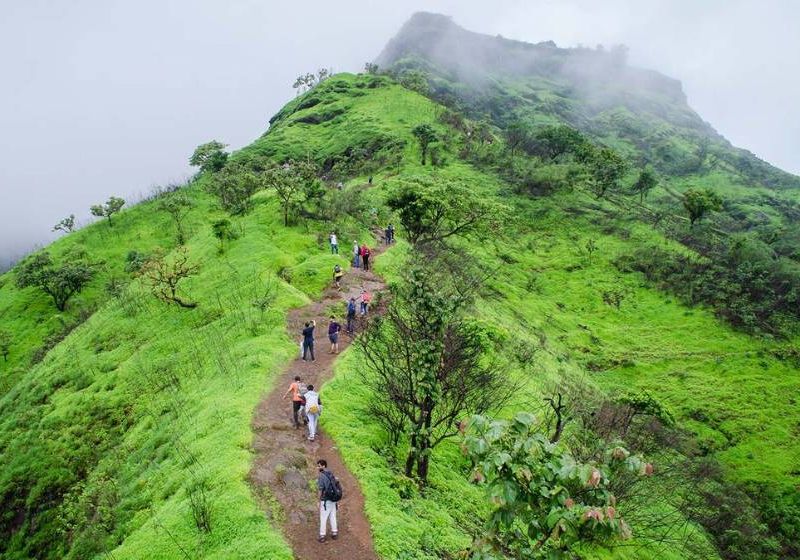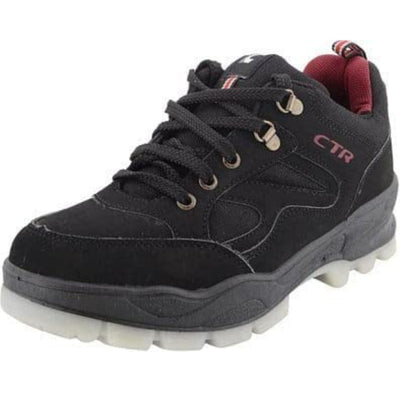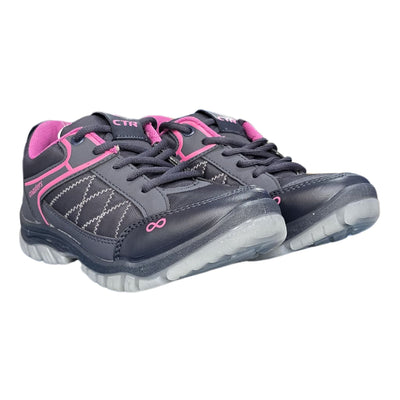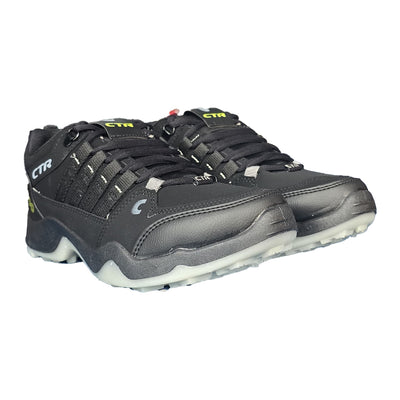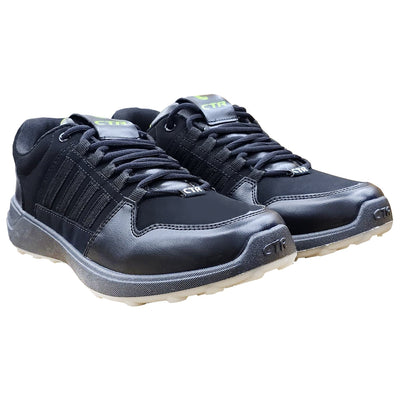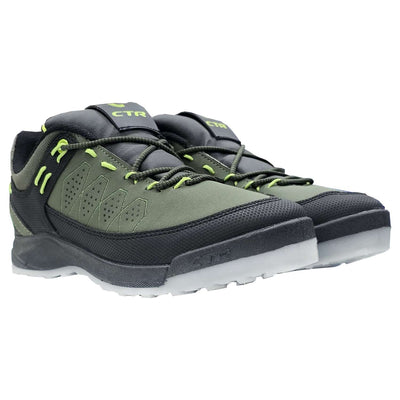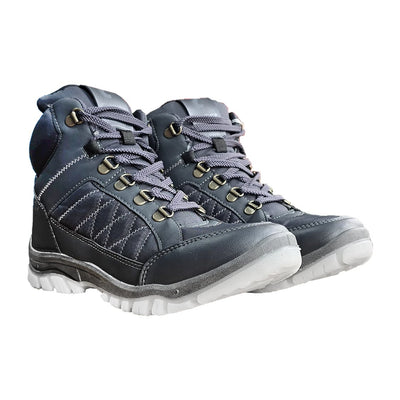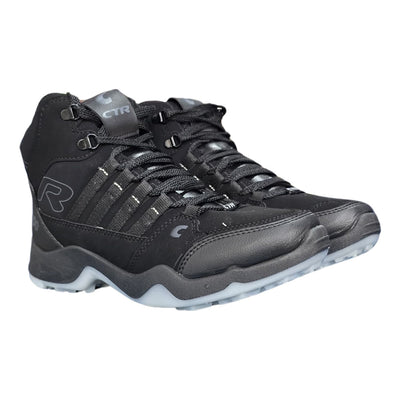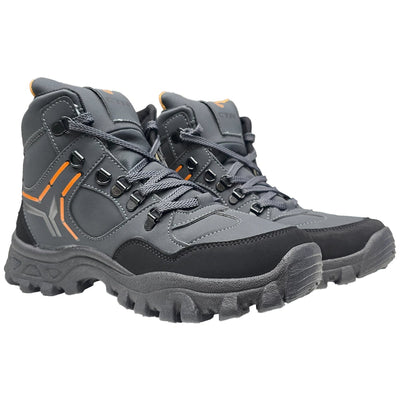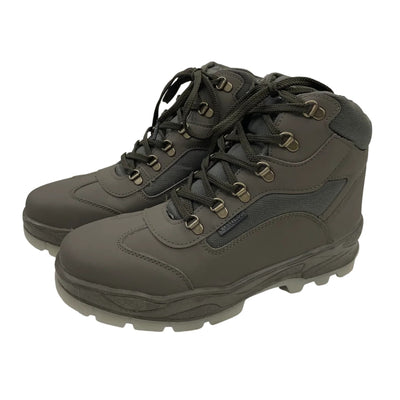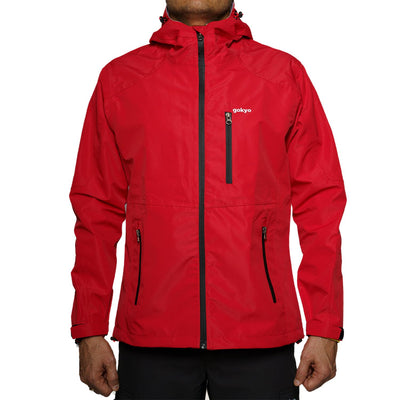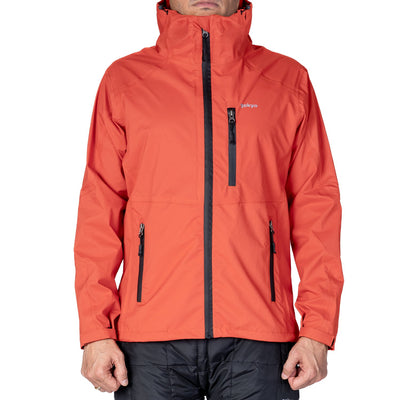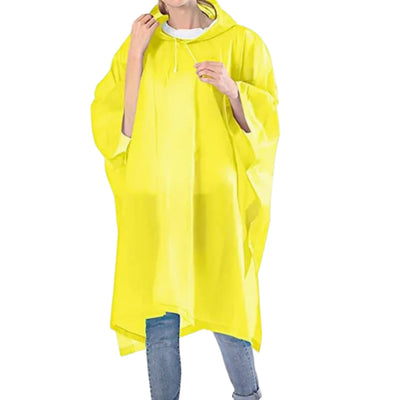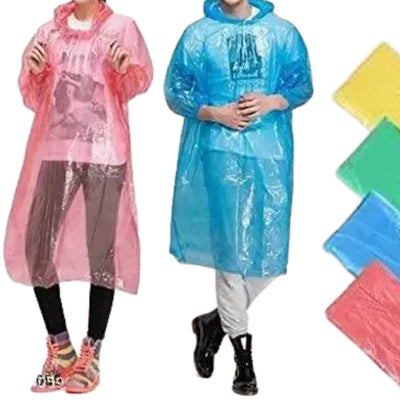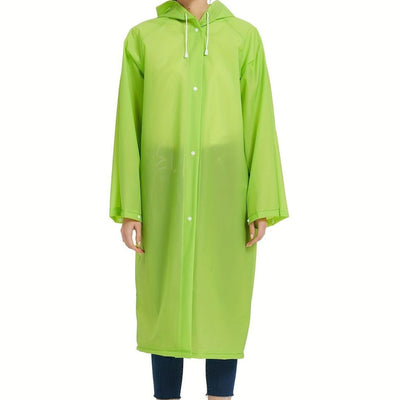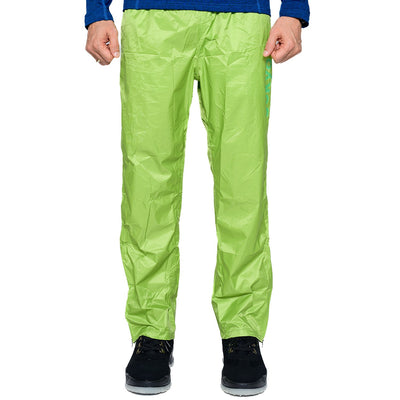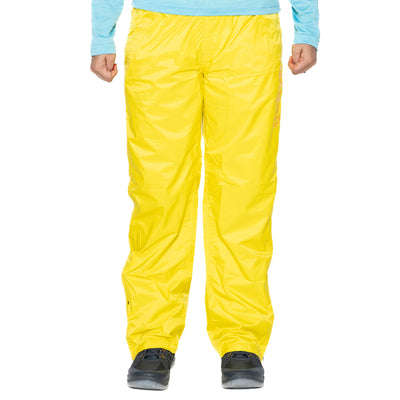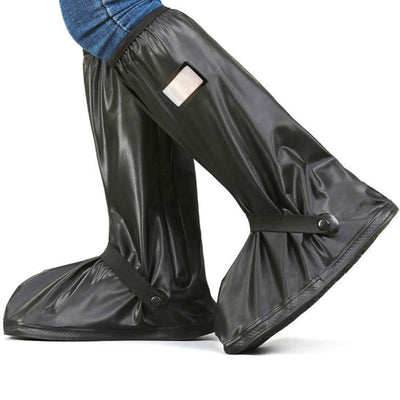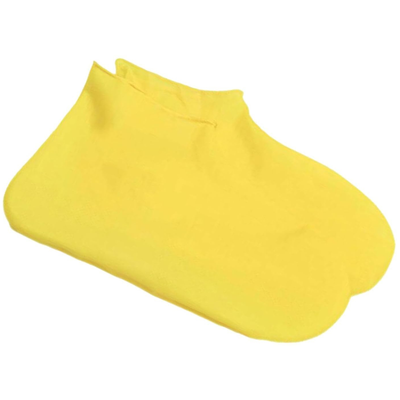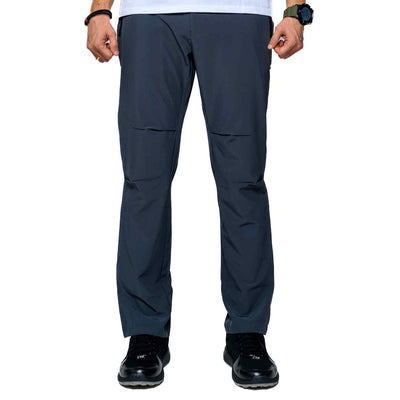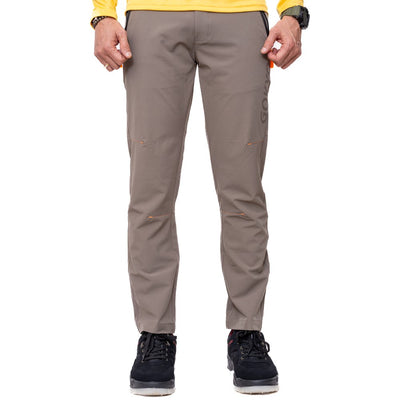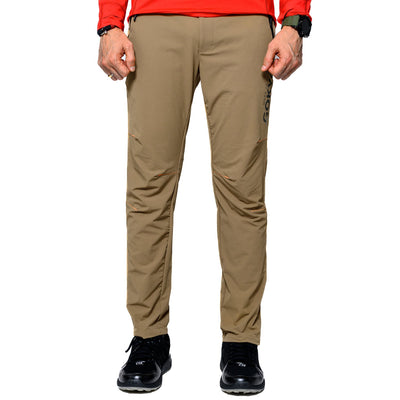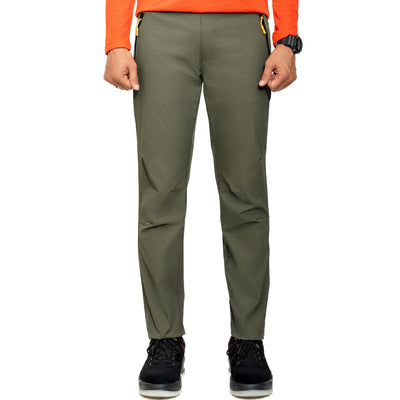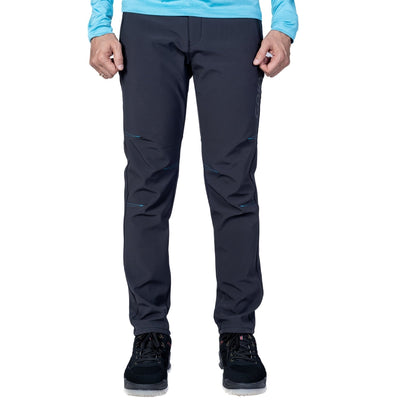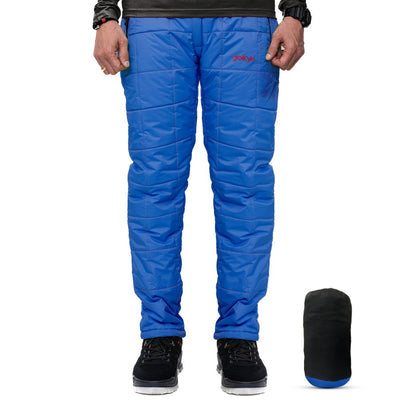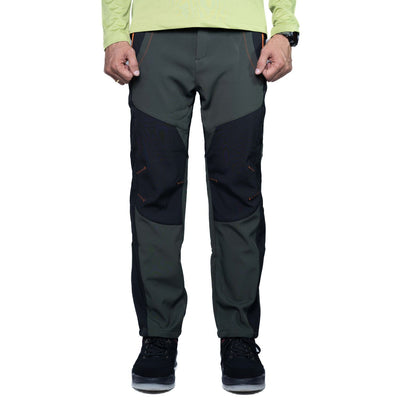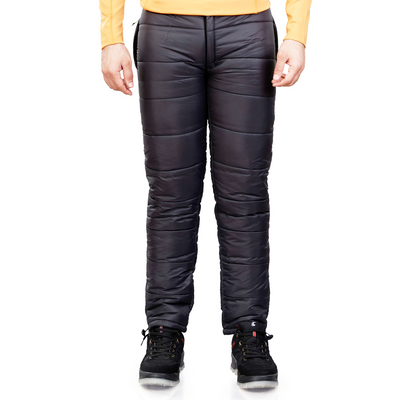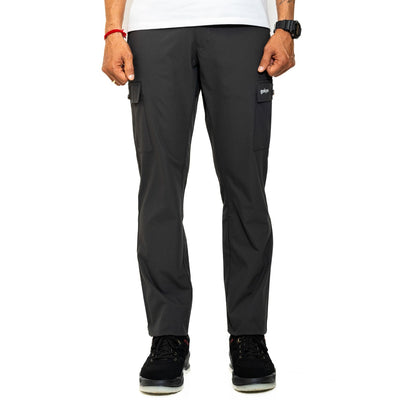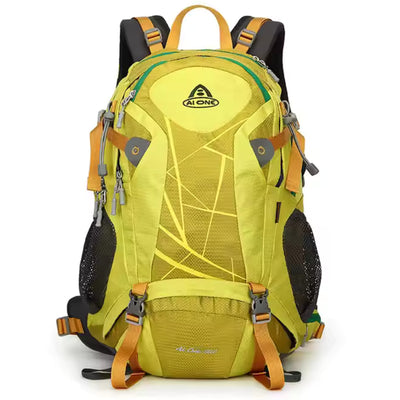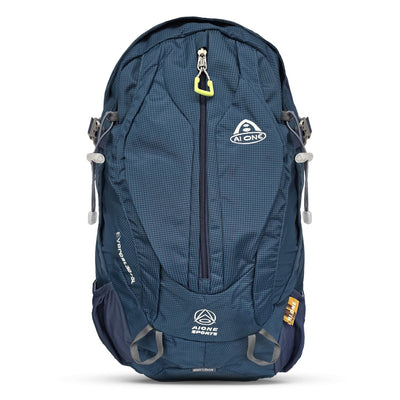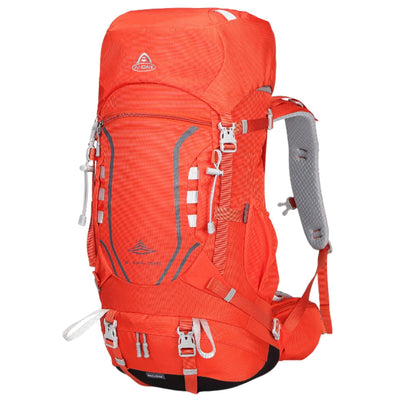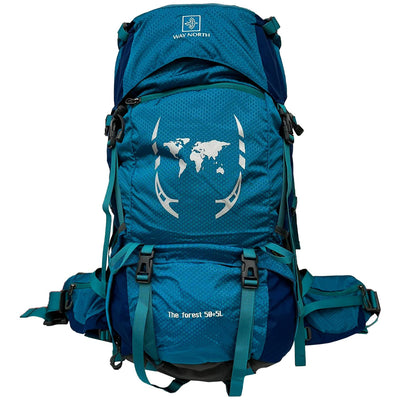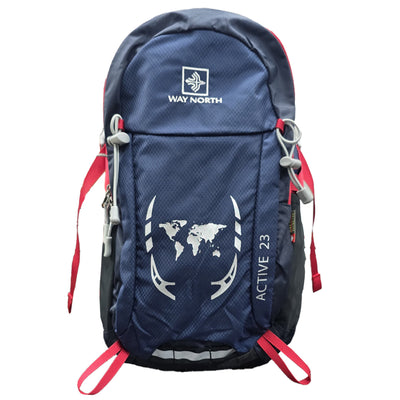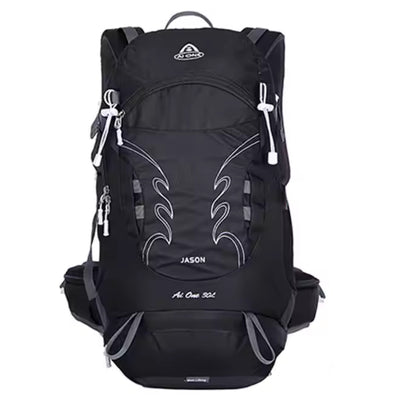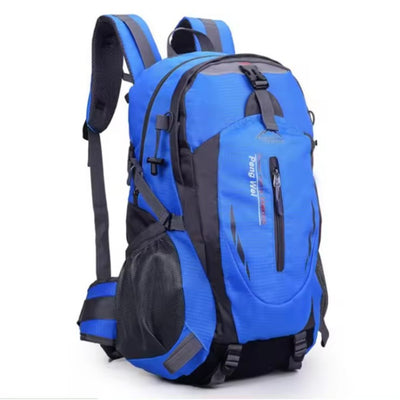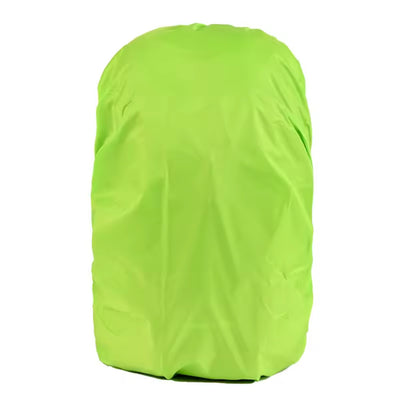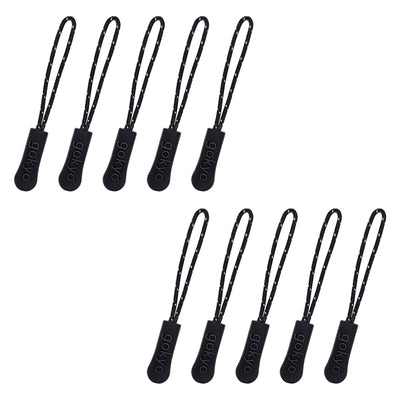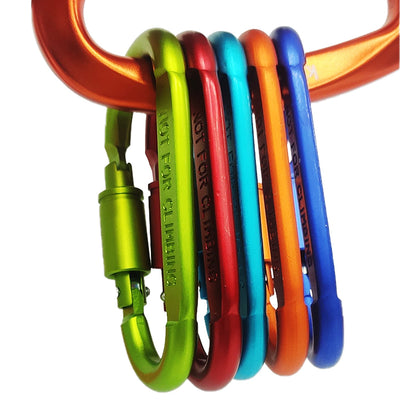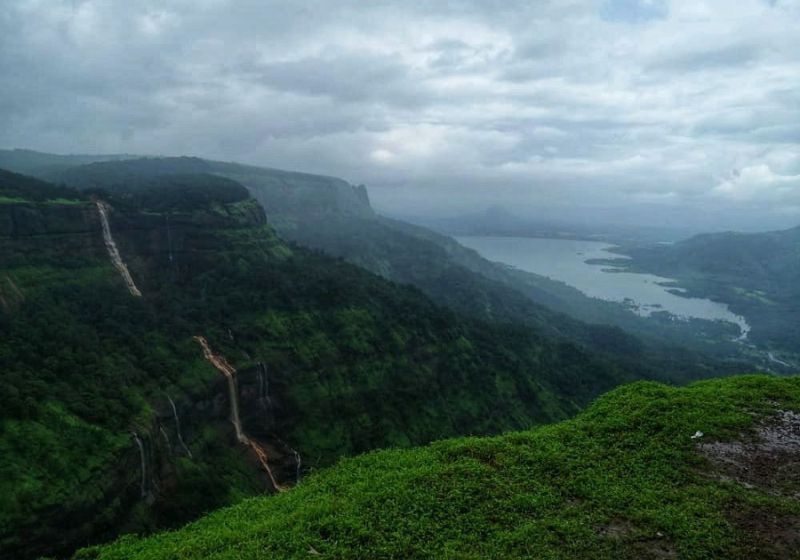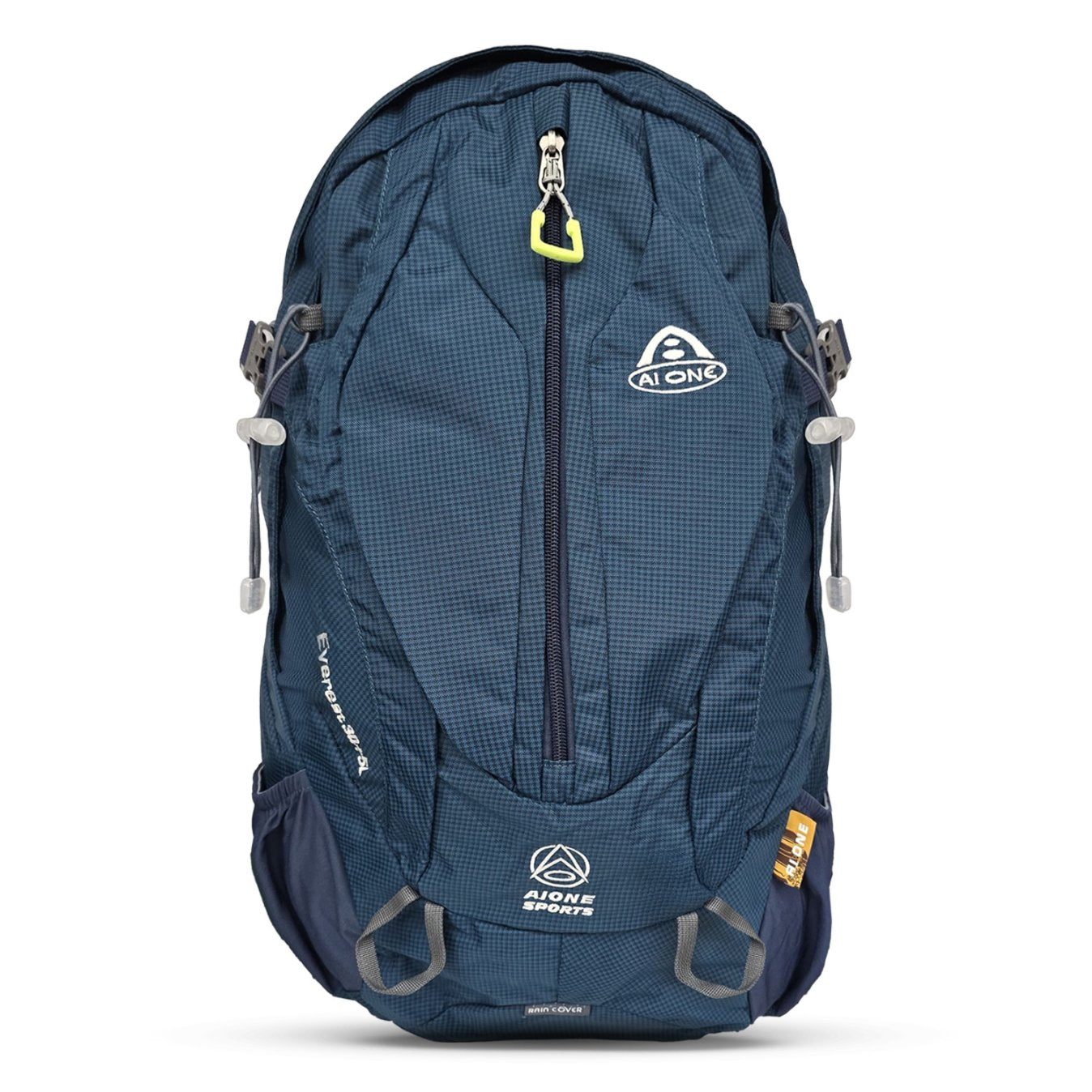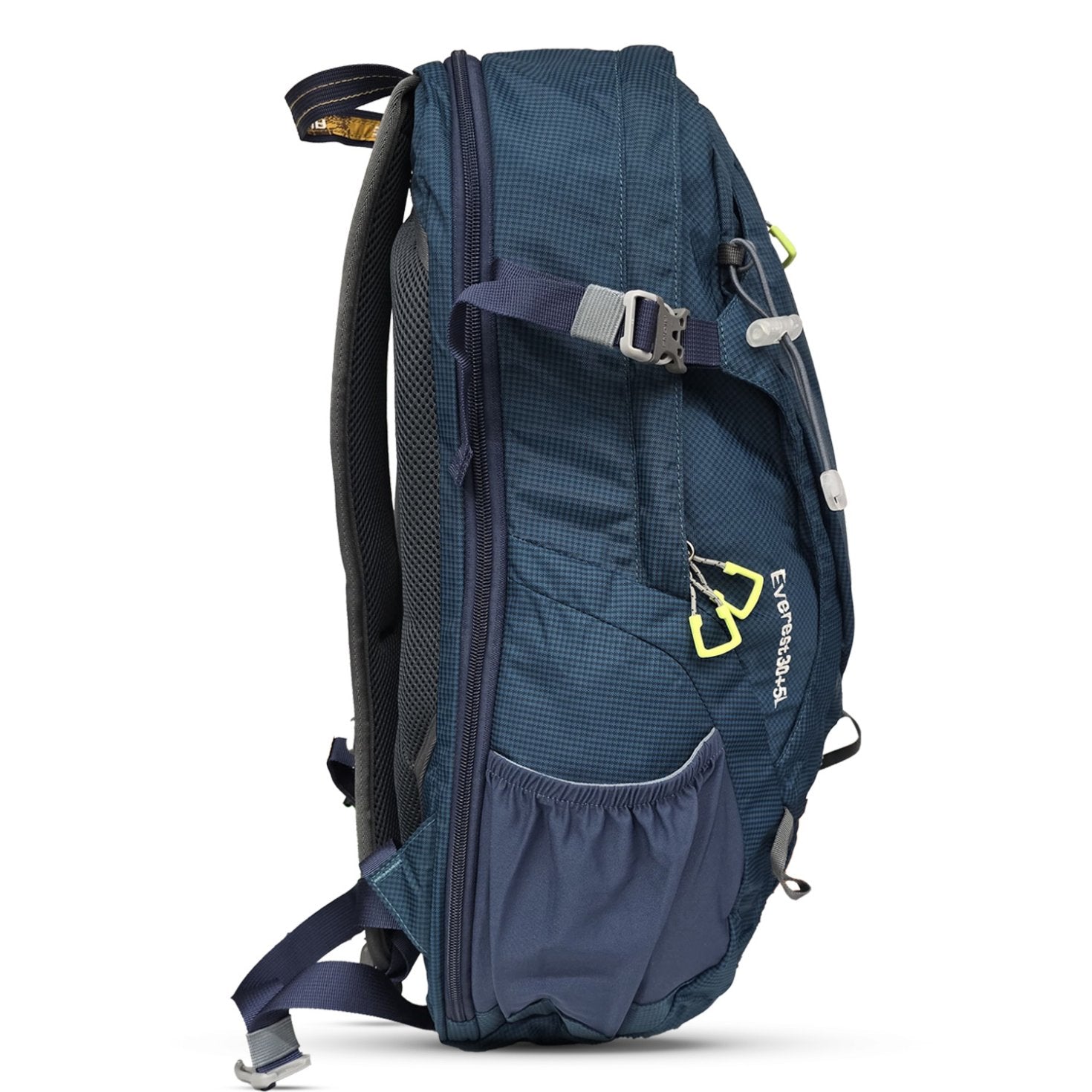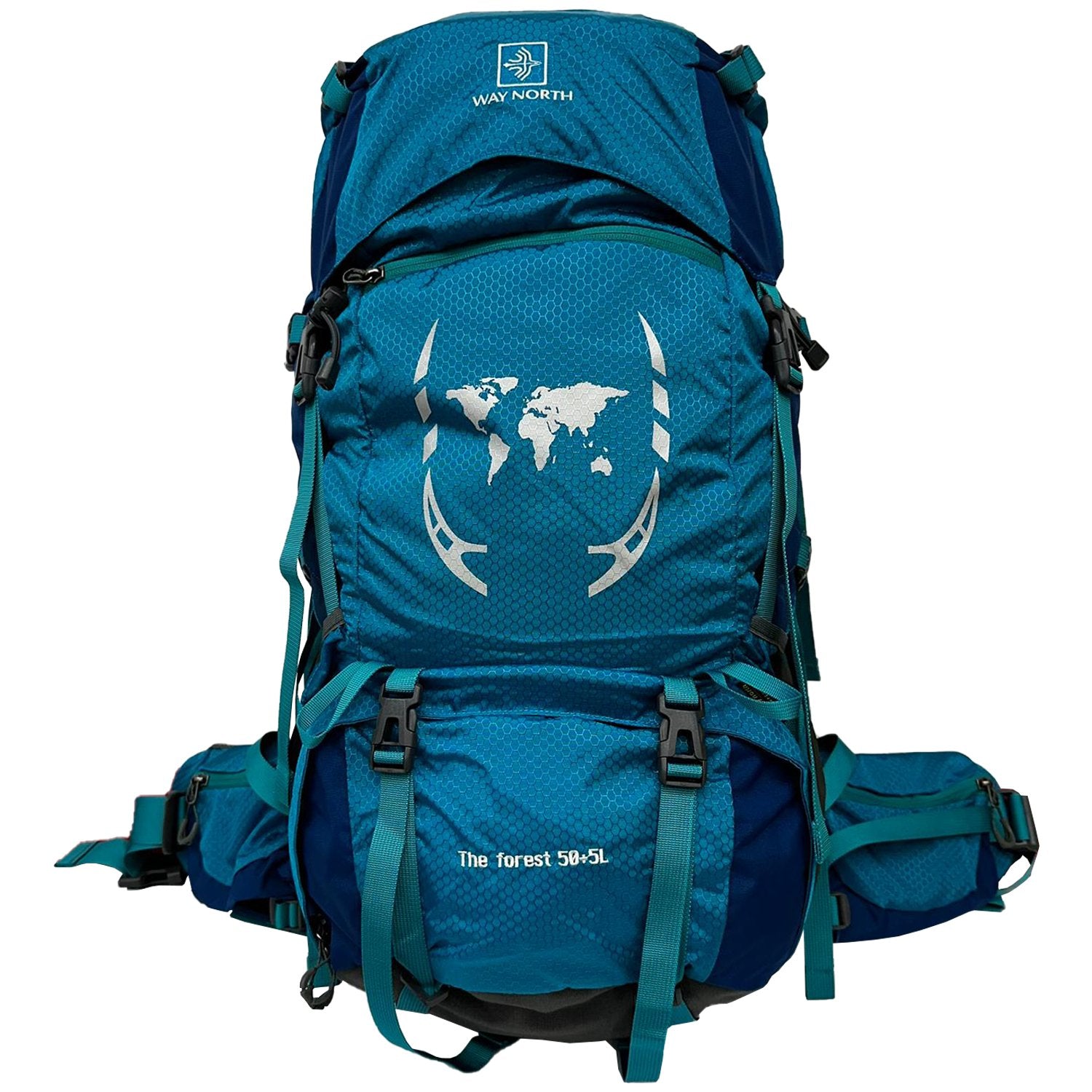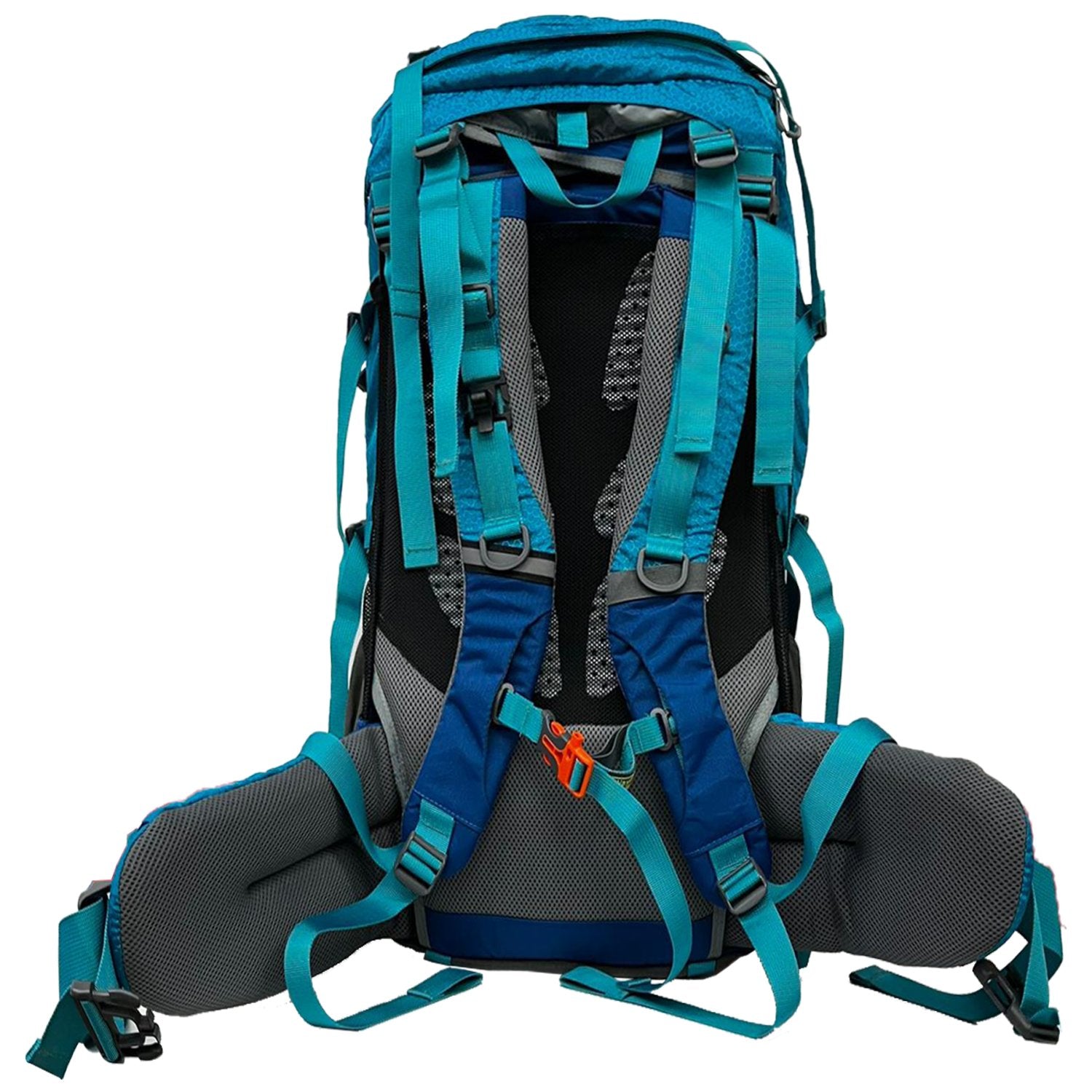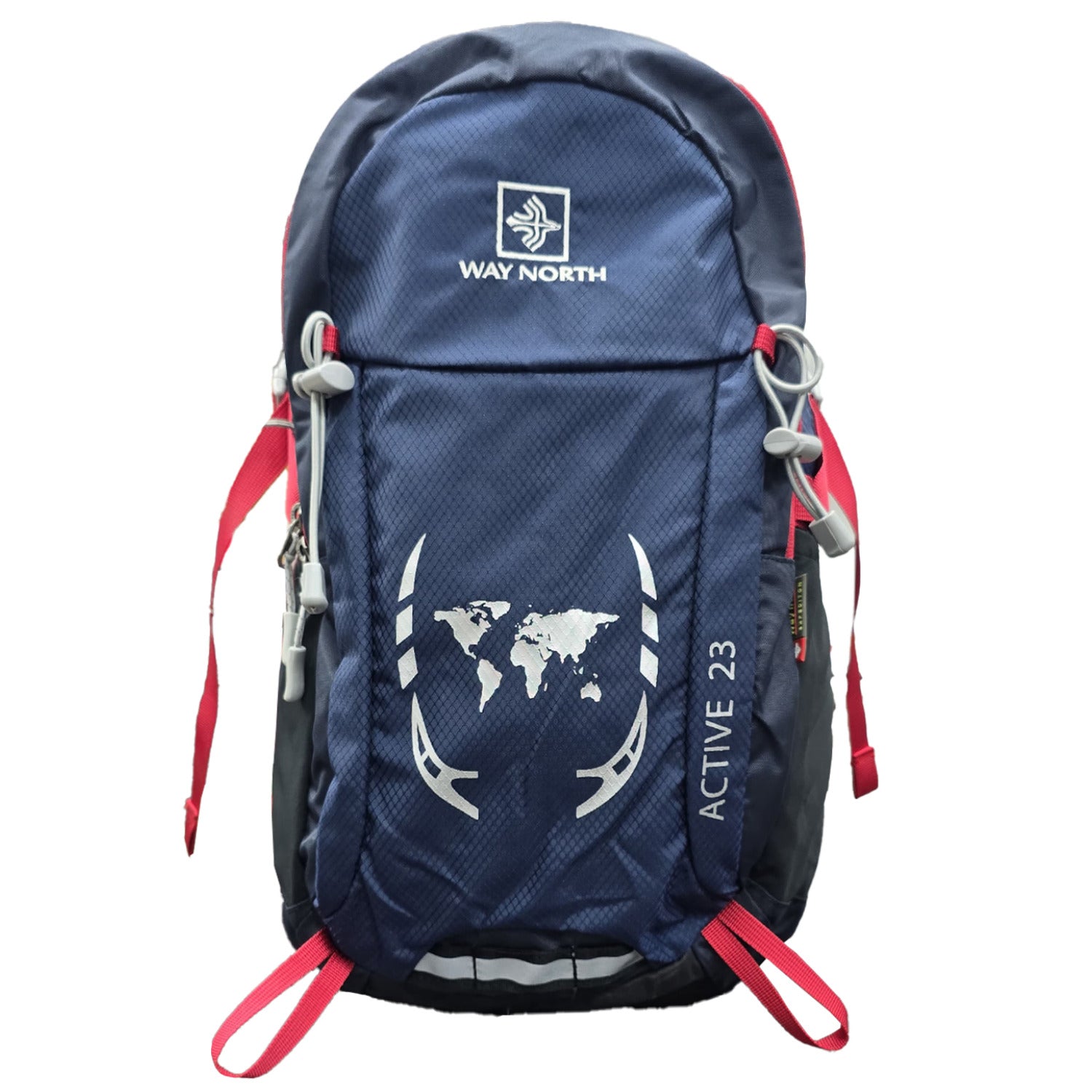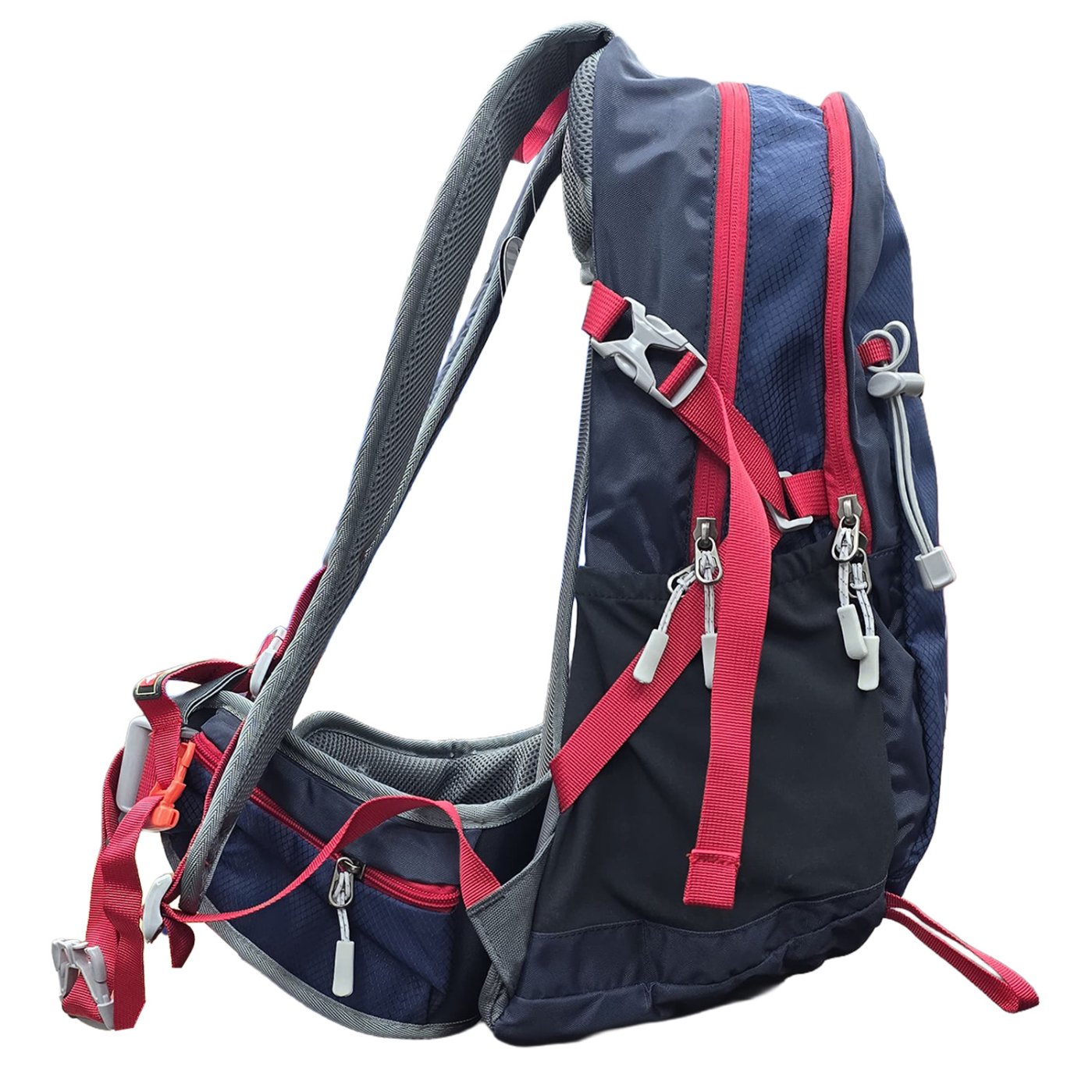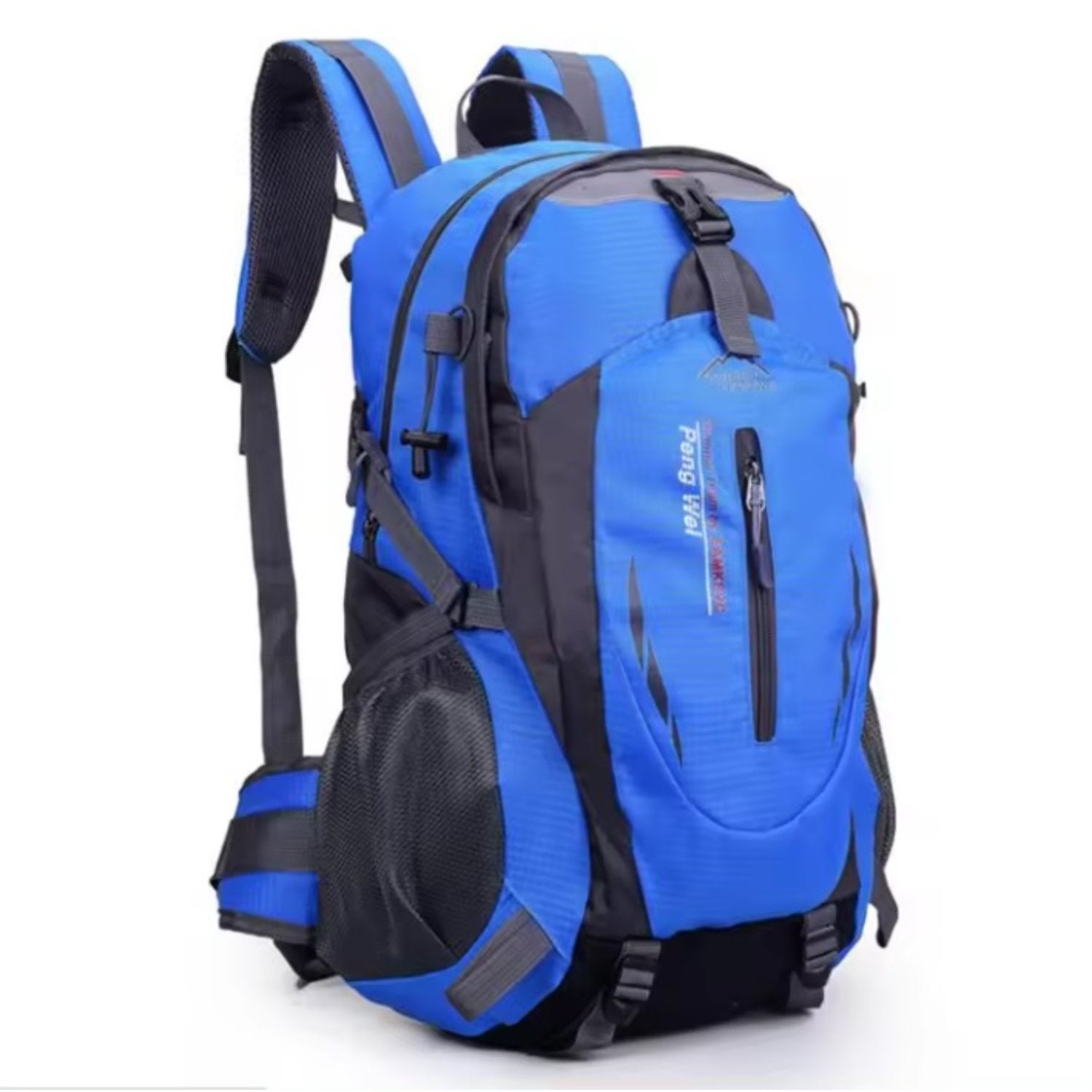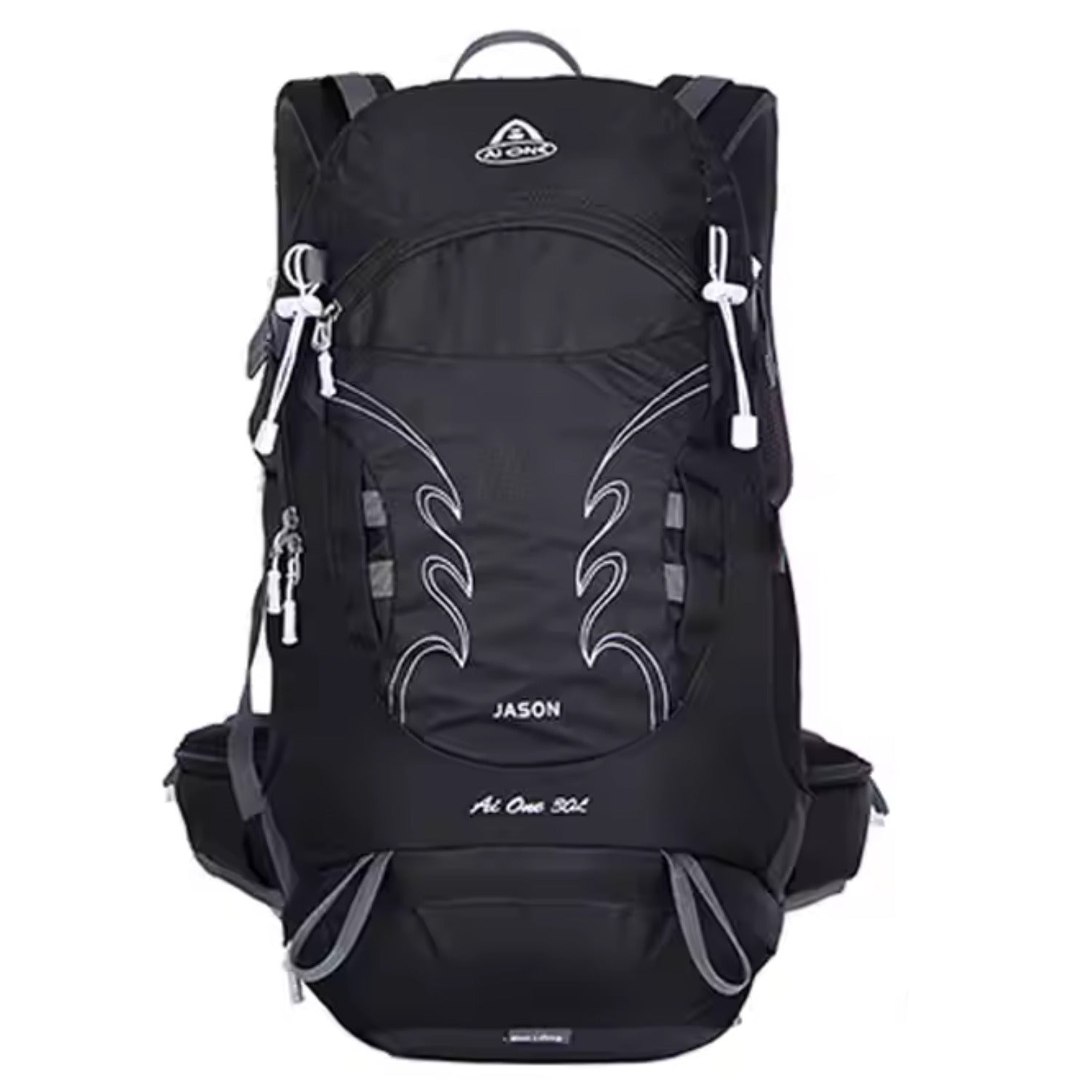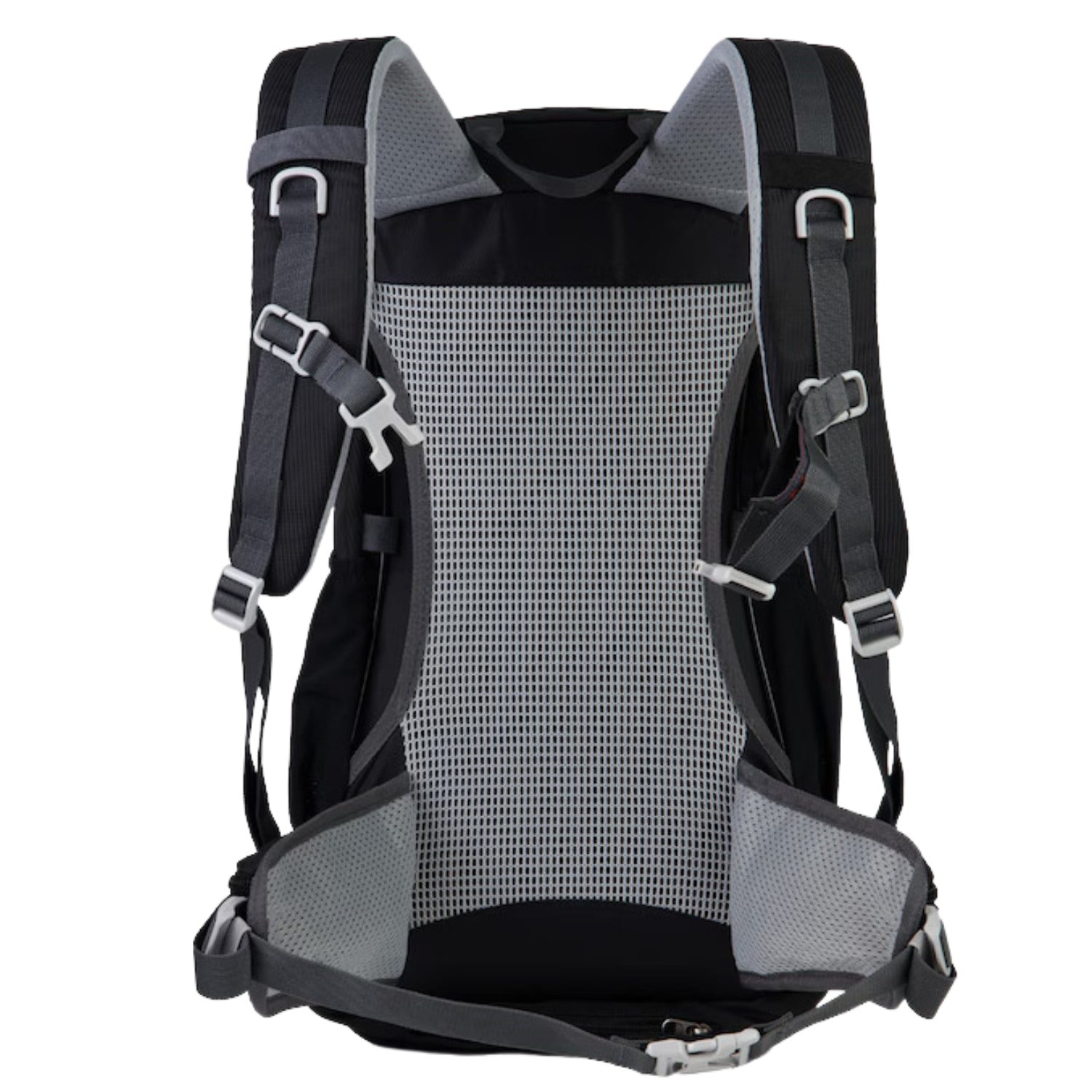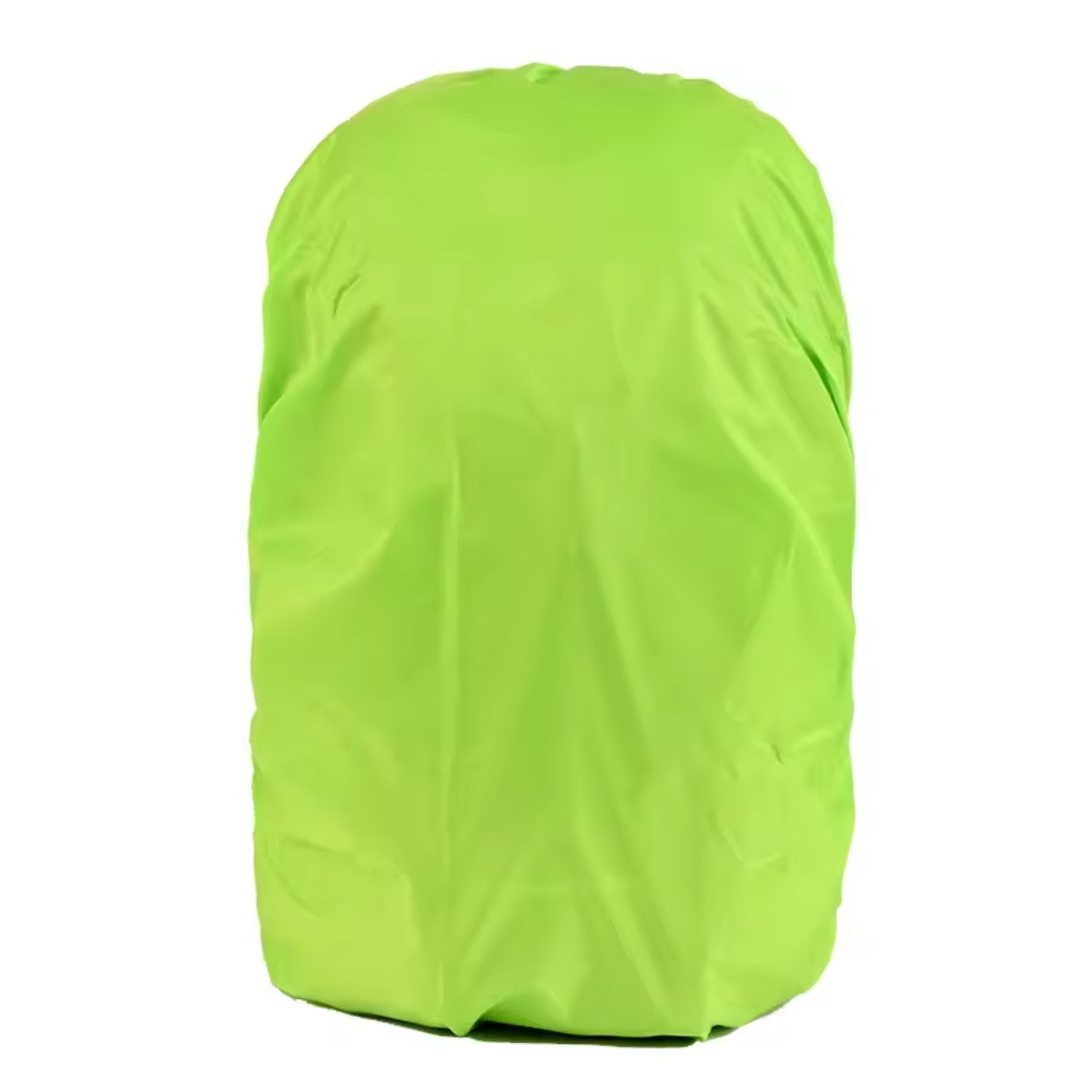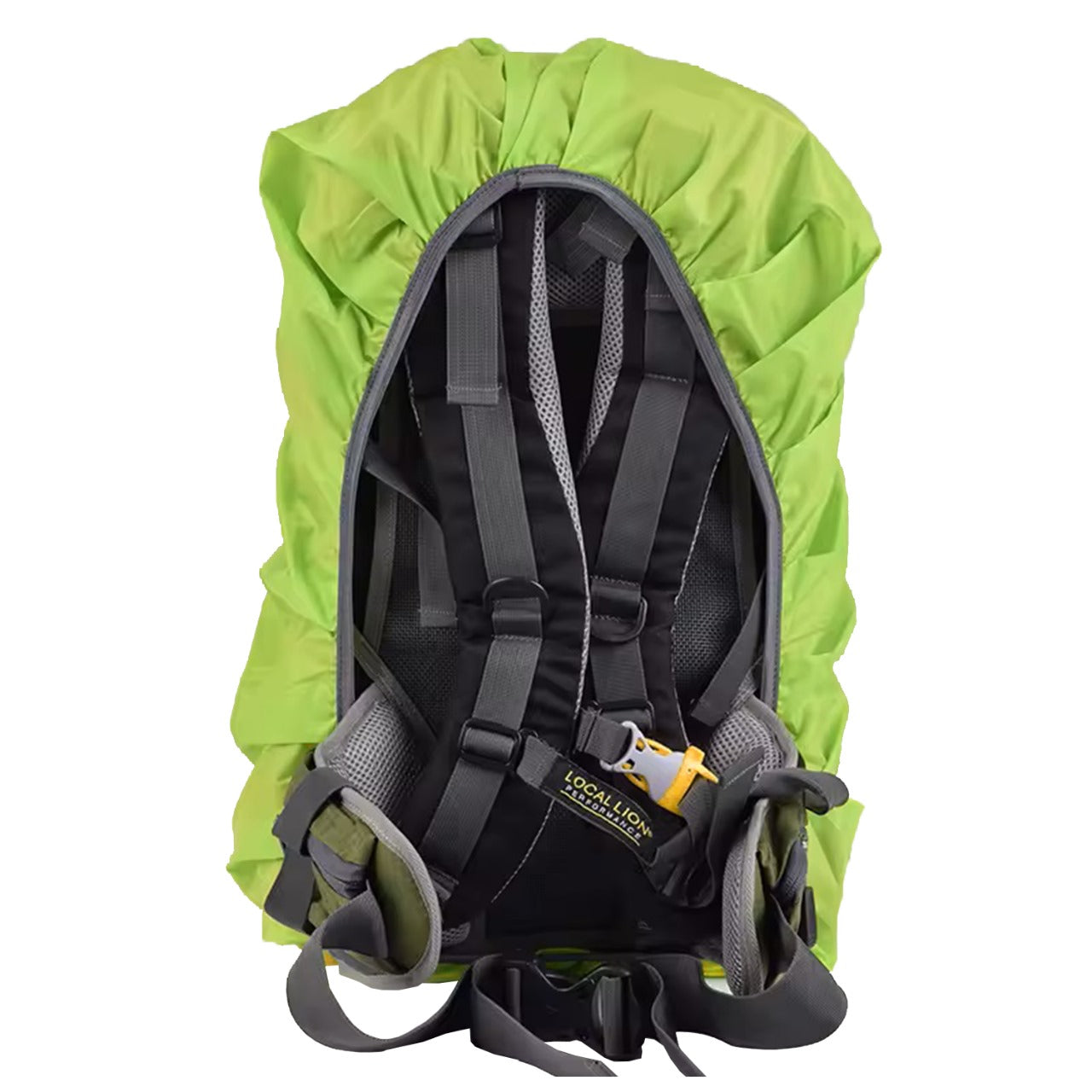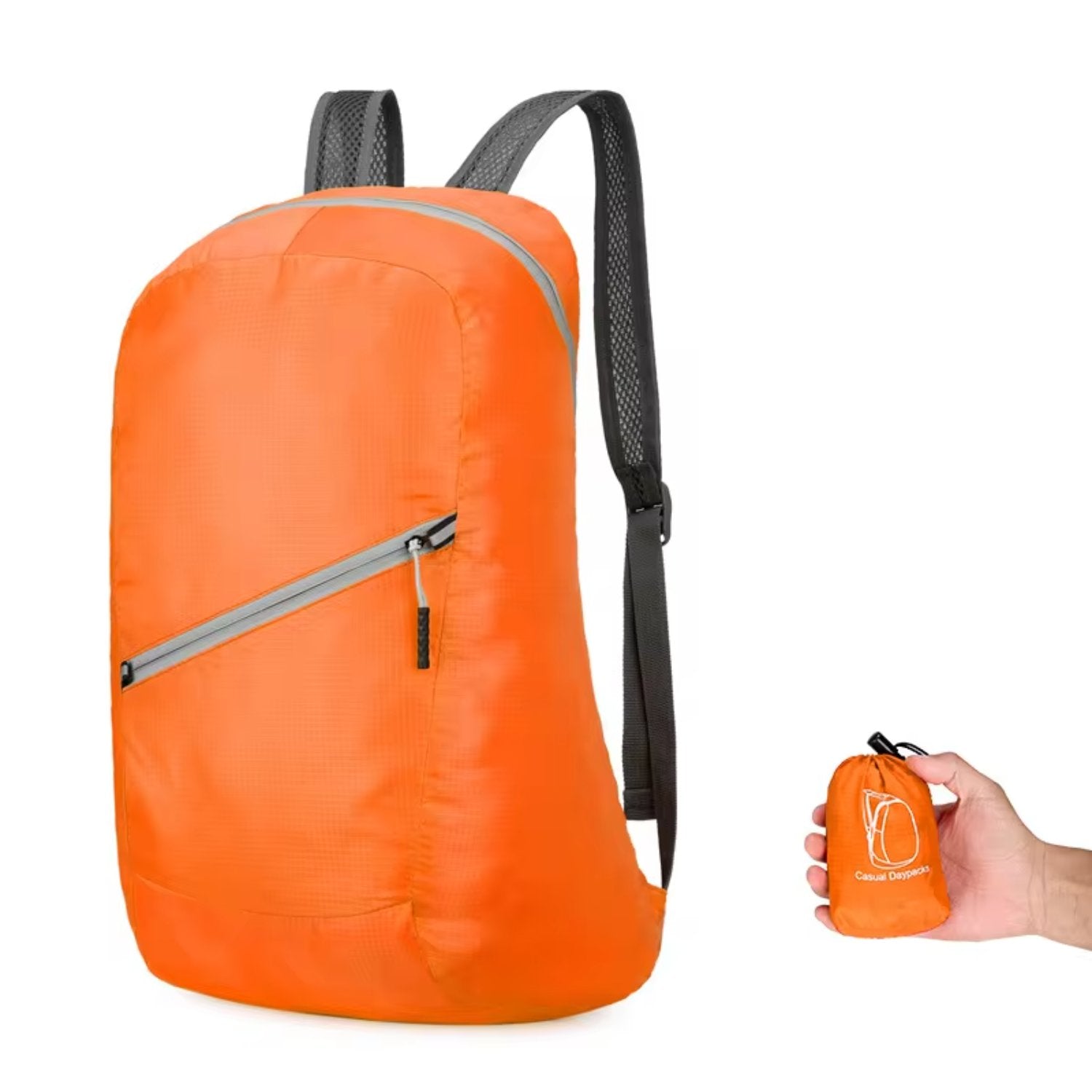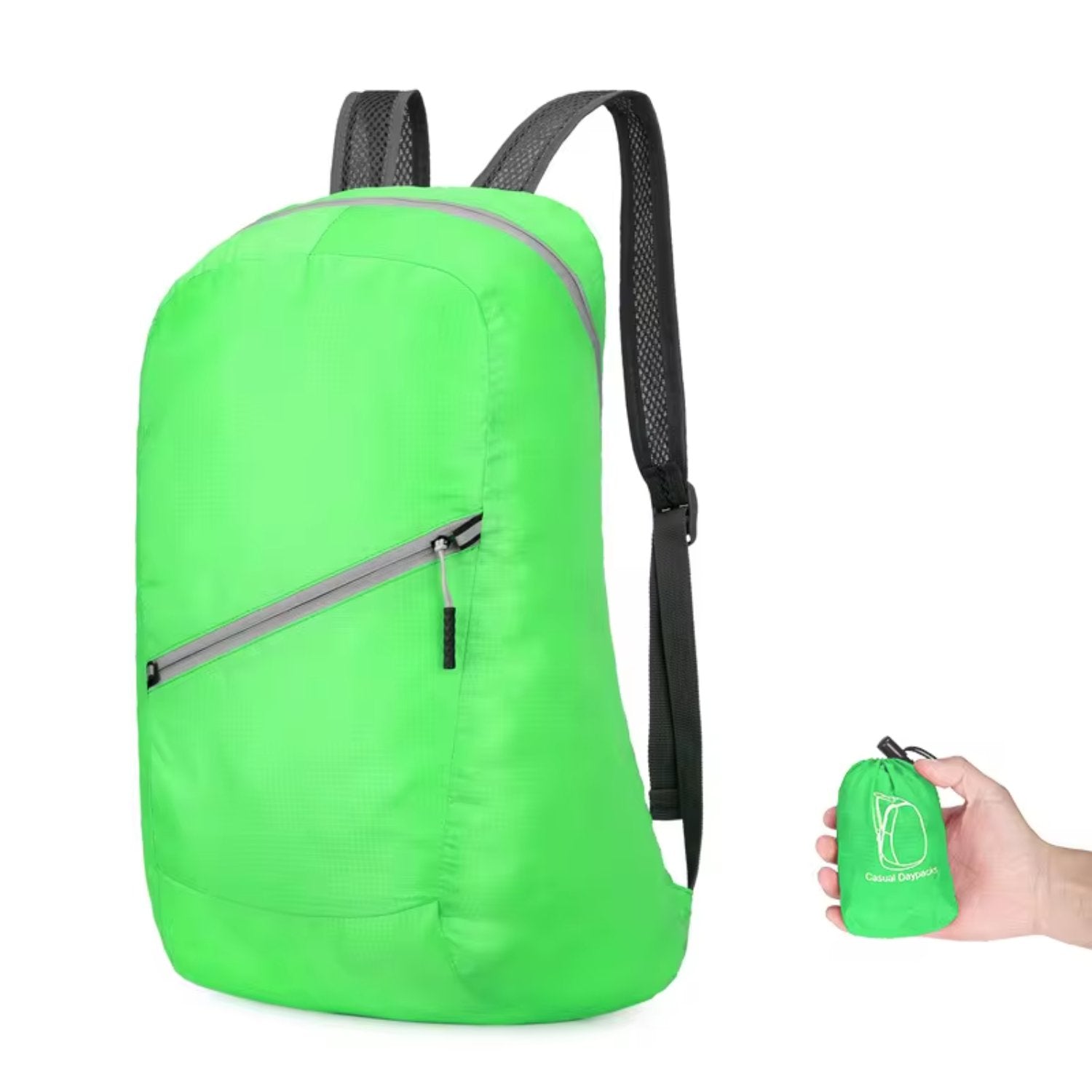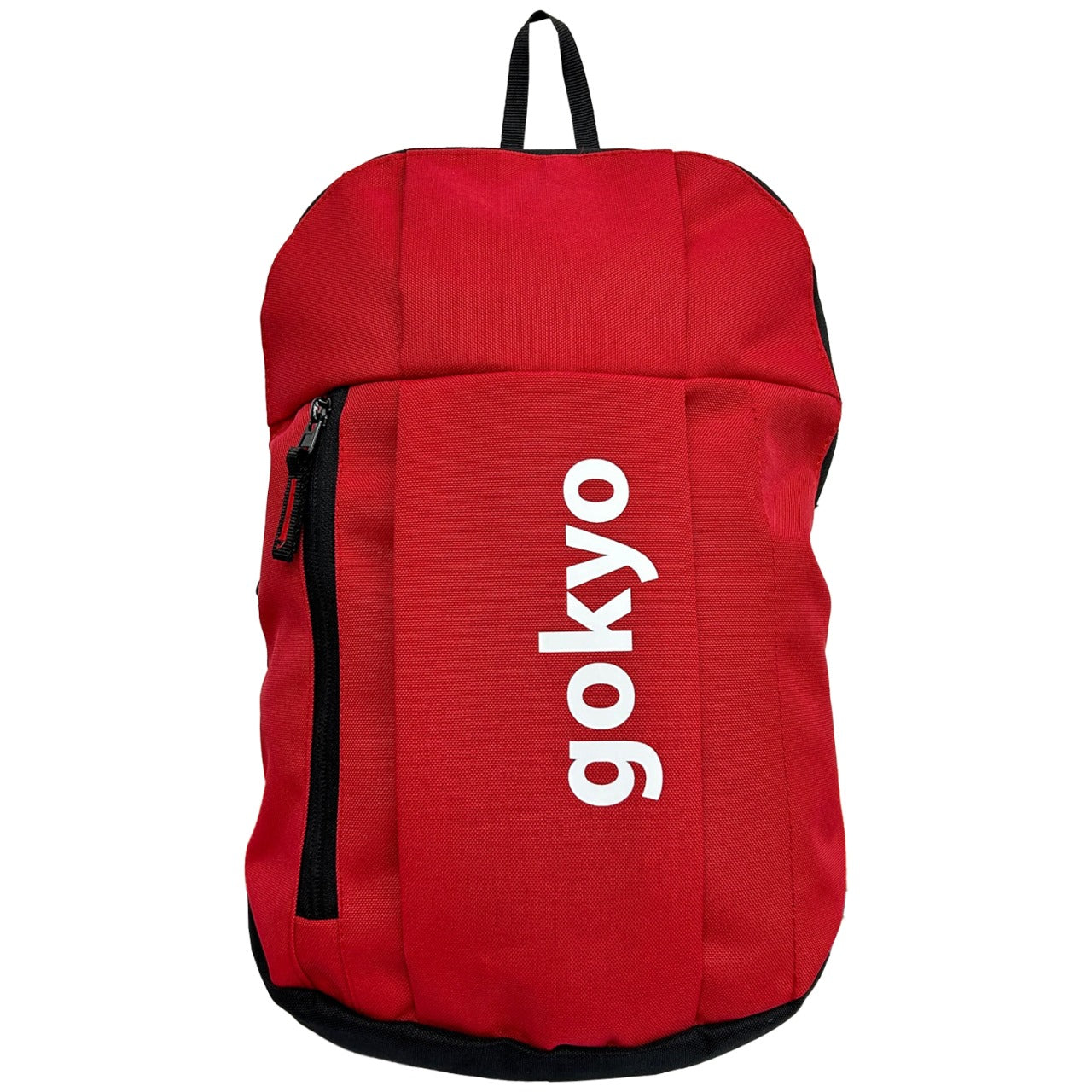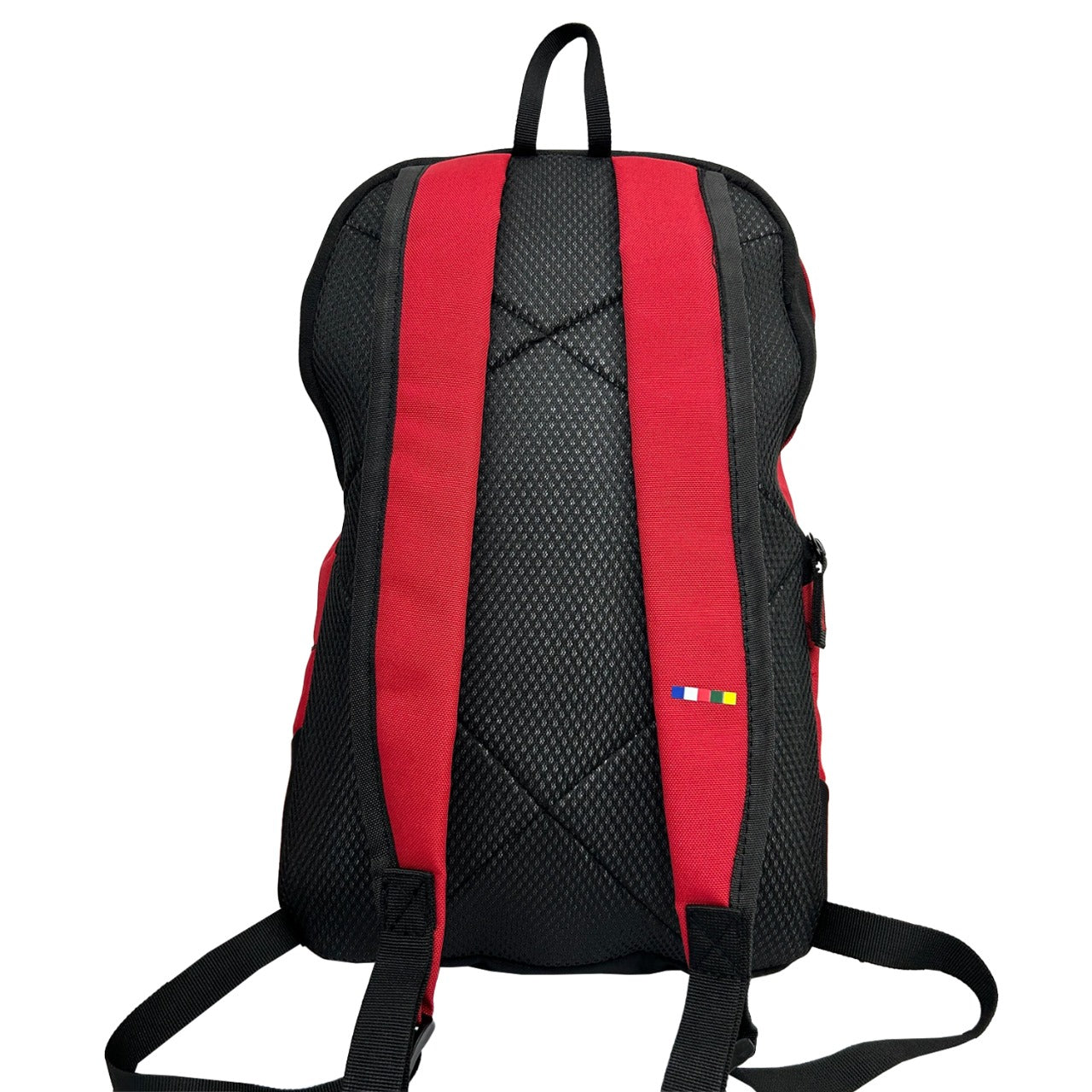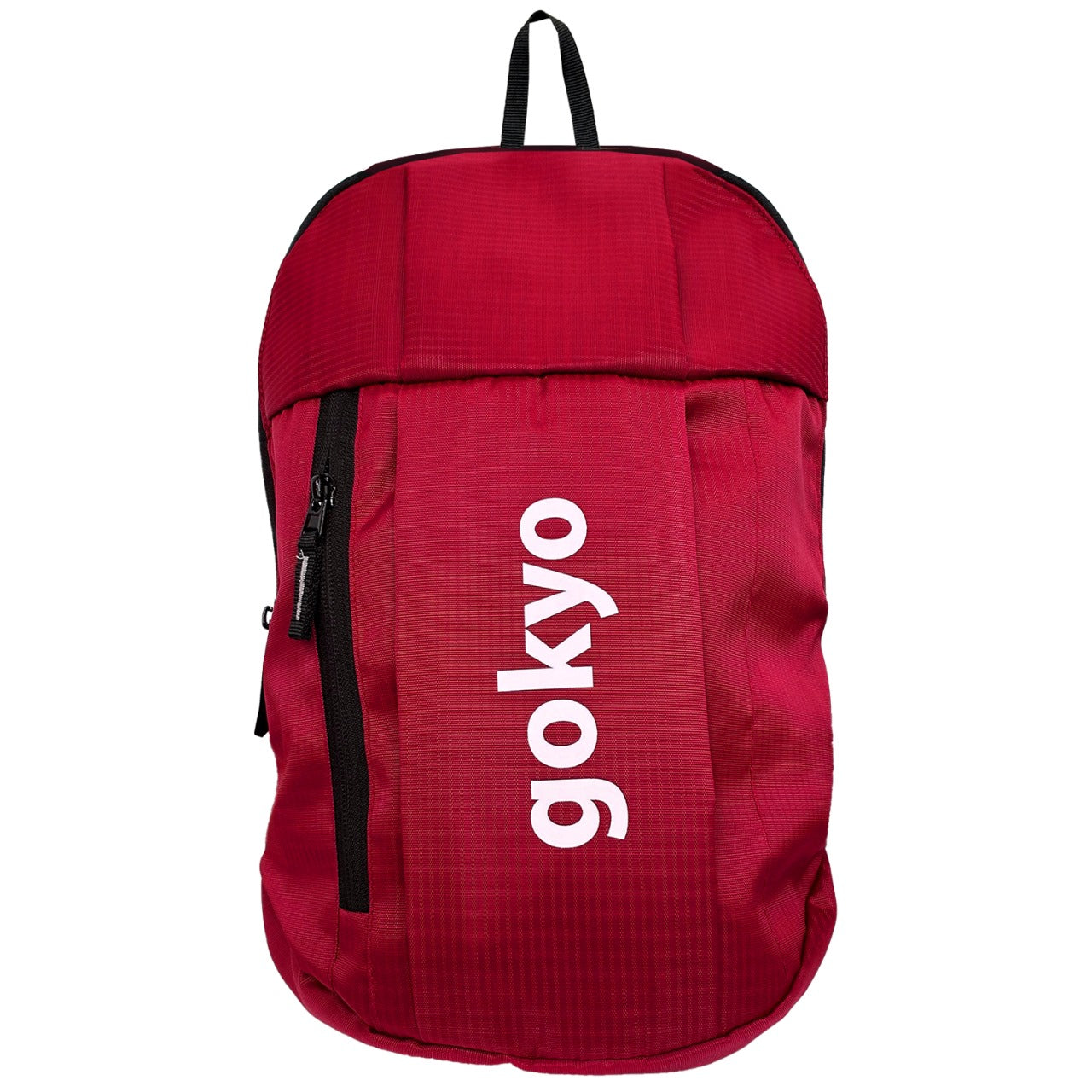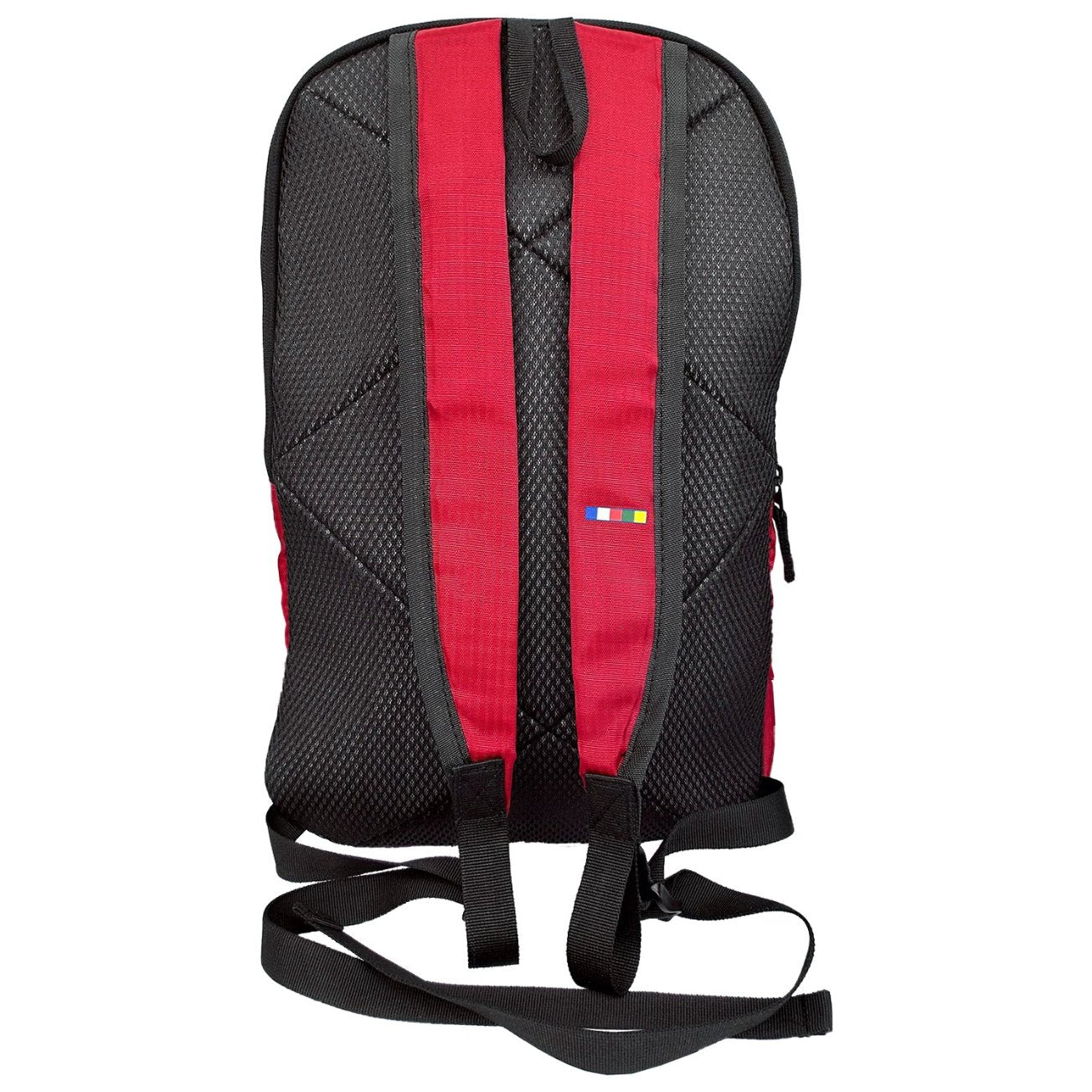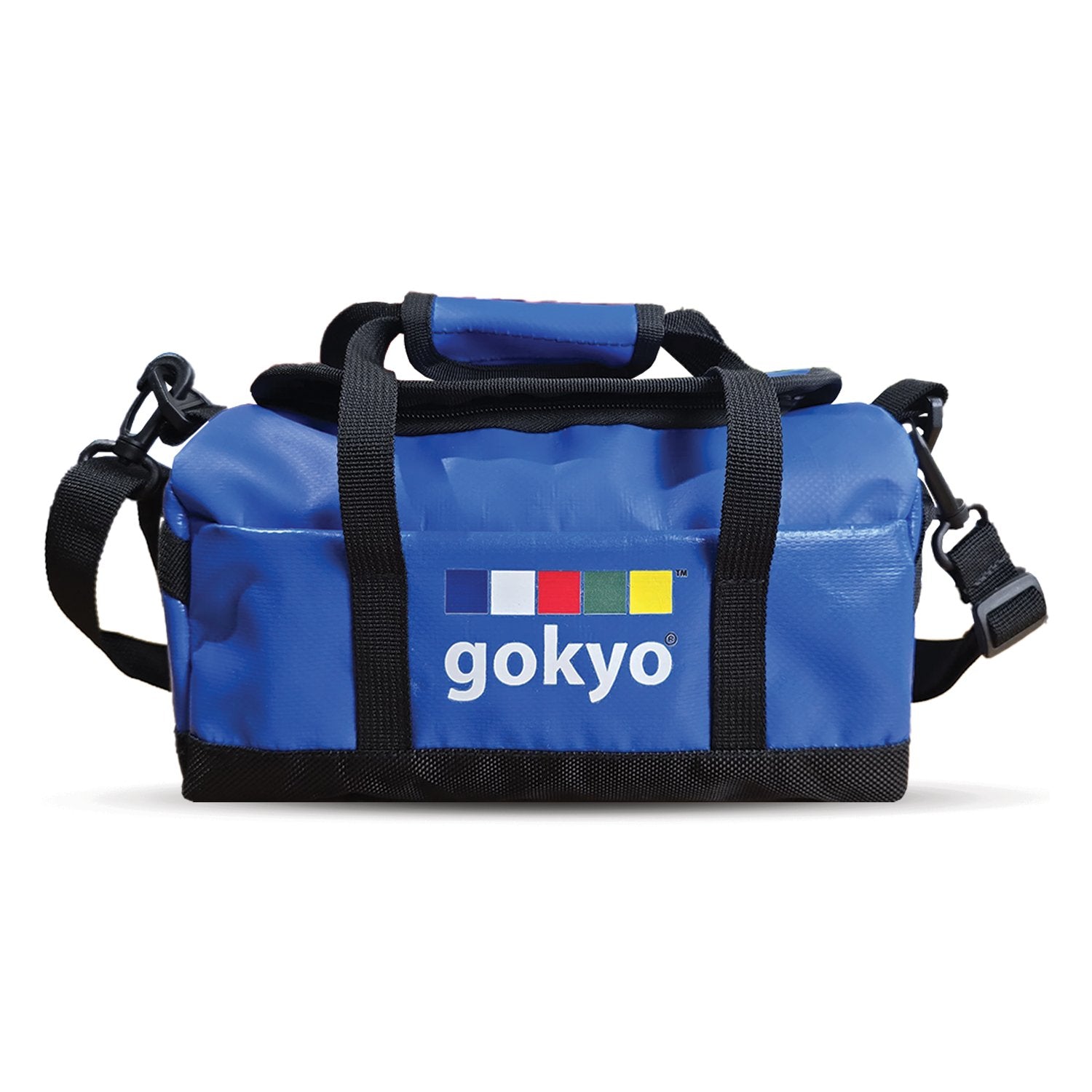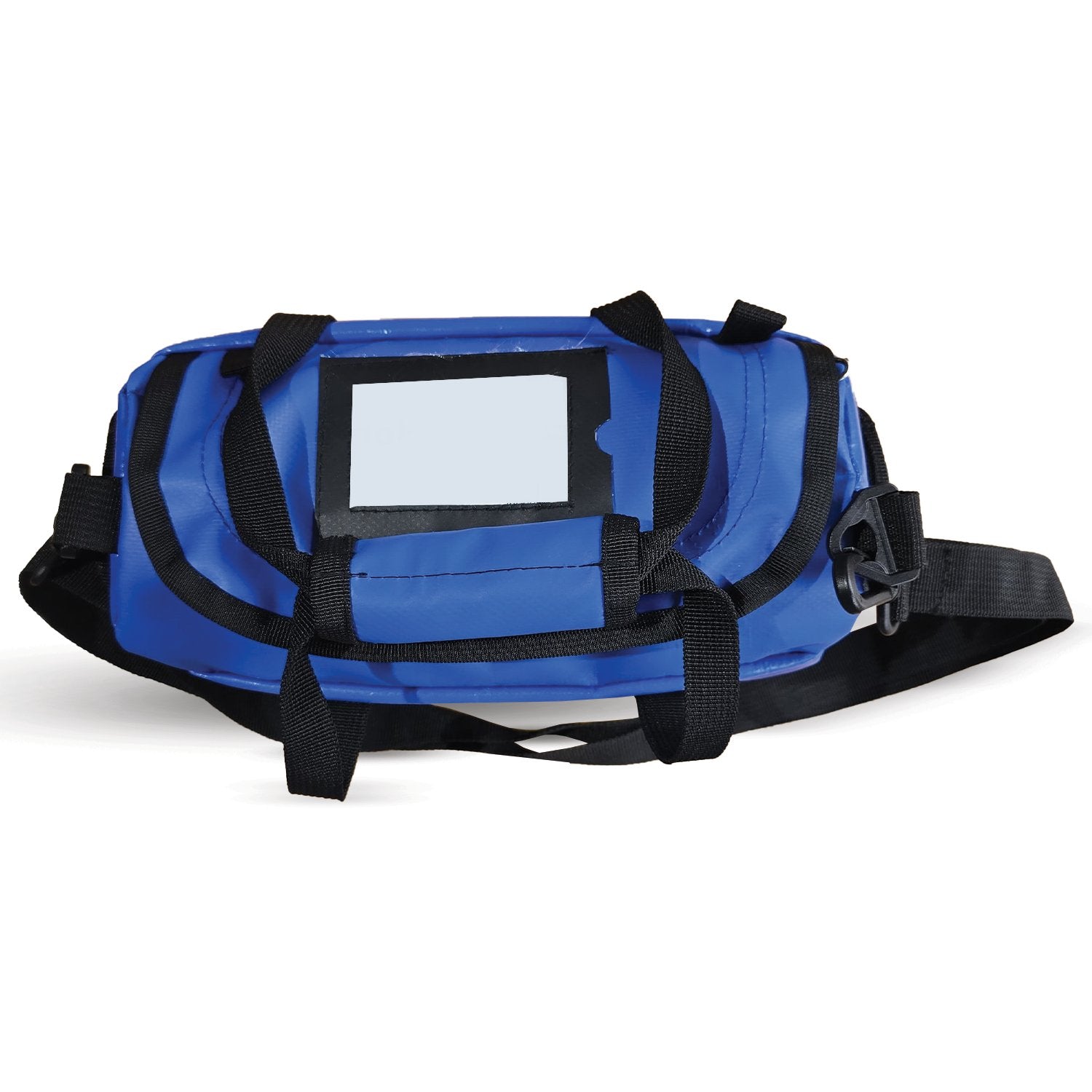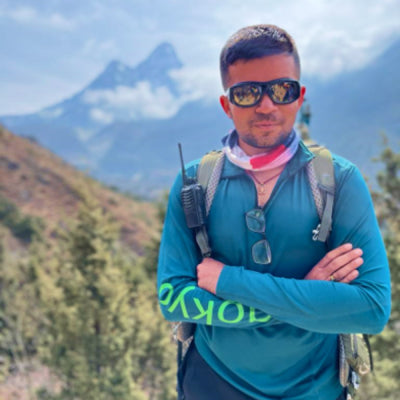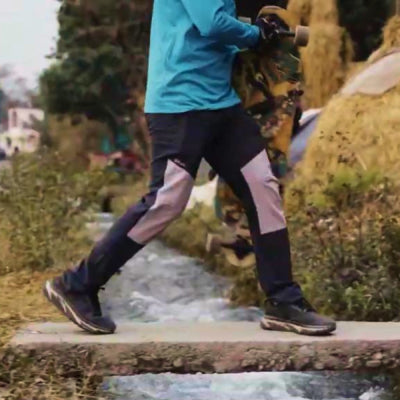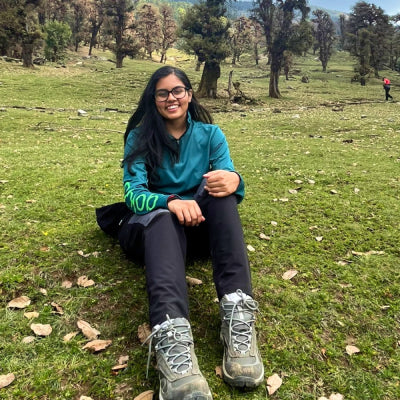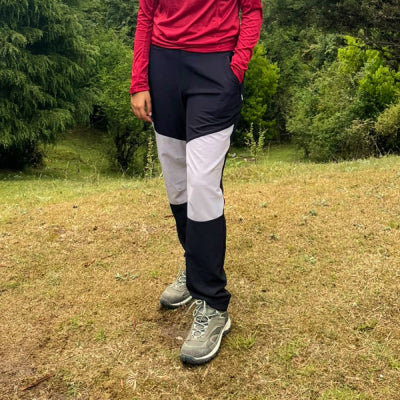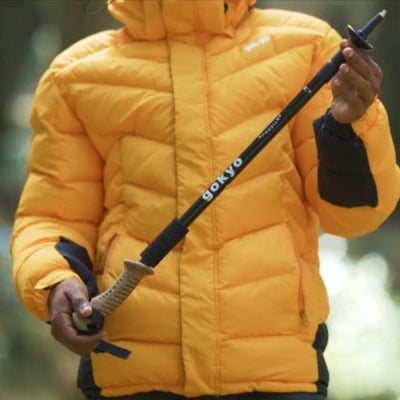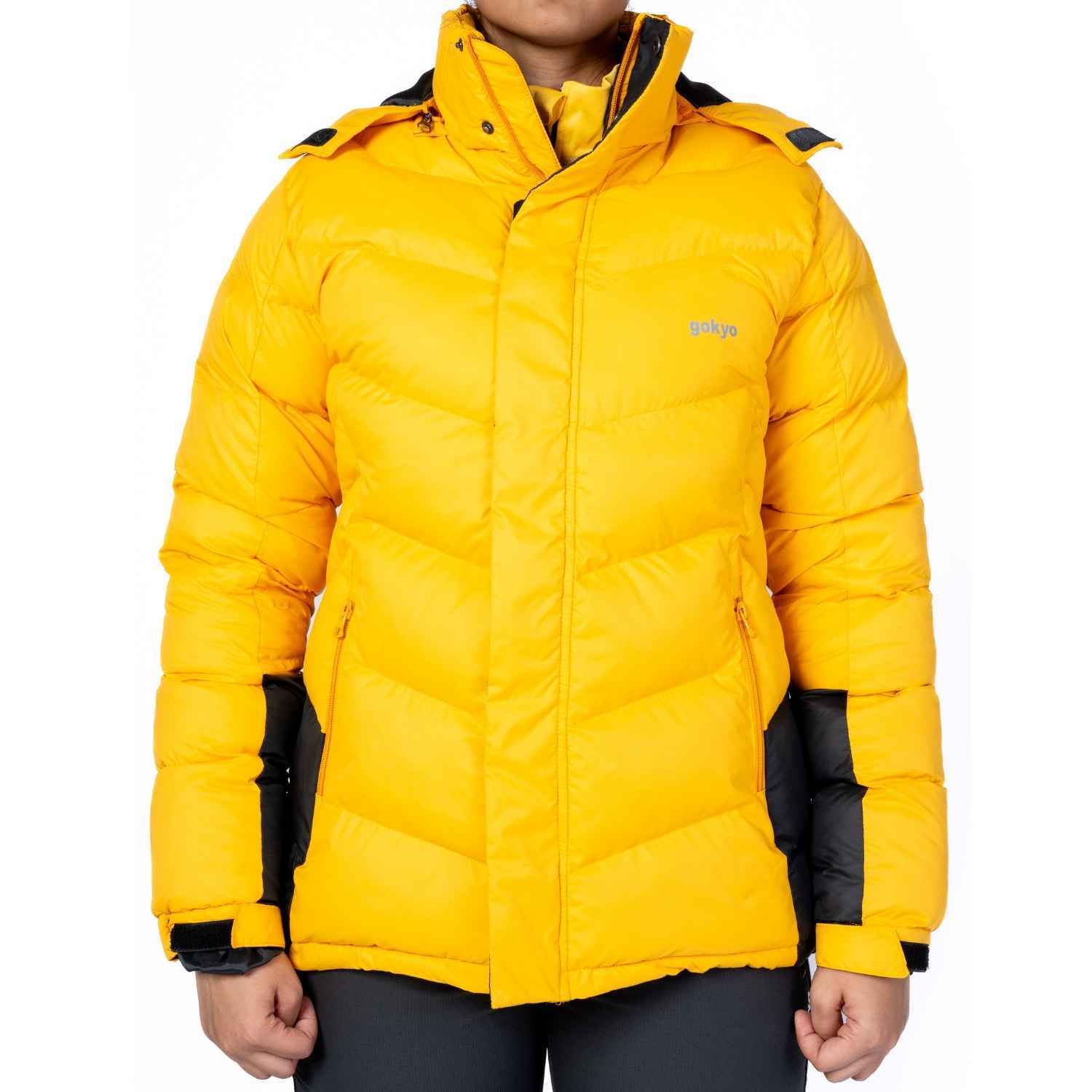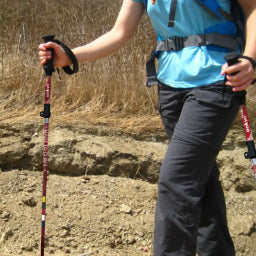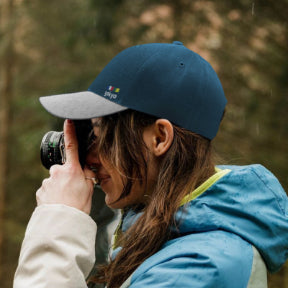Monsoon trekking in India isn't just an adventure, it’s a full-on sensory journey. The world turns emerald, the soil exudes that heady wet-earth aroma, and water seems to be everywhere: tumbling from clouds, falling from cliffs, filling rivers. It's a season that demands your attention—and repays you with moments that feel magical.
If you’ve ever wondered why trekking during rain-soaked months feels different, check out our blog on Travel in Monsoon – Top 10 Scenic Places to Visit in India During Monsoon That Look Magical in Rain by Gokyo Outdoor Clothing & Gear. It’ll give you all the trail inspirations you’ll want before lacing up.
1. Nature Wears Its Greenest Dress
Monsoon rains bring life back to dry lands. Hills become lush jungles, villages are covered in mist, and rivers from the Western Ghats to the Himalayas fill with water.
Each raindrop becomes part of a choreography—leaves glisten, streams sing, paths steam after a shower. There's an intimacy that dry-season treks lack, as though you’re moving not just through nature, but with it.
2. Trails Become Living, Breathing Ecosystems
The forest floor hums during the rains. Frogs call in chorus, mushrooms welcome the damp, butterflies spiral through fog, and birds race to build nests. Even the smallest details, a snail crossing your path, a snail-trail in mud- feel intensely alive.
Water means food, movement, and life. And where there is life, trails shimmer with activity and mystery. You are not just passing through; you are joining a world in motion.
3. Waterfalls Unleashed, Streams Dancing
Forget postcards, monsoon waterfalls roar with force, their pools bubbling with energy. Trekking down a glacial stream becomes an unforgettable dance with nature, your senses on high alert: each splatter, splash, and breath-catching sight reminds you you’re part of the wild.
4. Cool Earth + Warm Body = Sense of Joy
Sweat cools quickly, and tea tastes sweeter by the fire when your clothes are damp. That chill turning to warmth—not discomfort, but a memory in the making.
5. Fewer Crowds, More Nature
Monsoon trekking isn't for everyone, so not everyone goes. The result? Trails feel private. You share the space with birds and water, not groups of selfie-seekers. It becomes just you, the path, and all of nature’s moods.
6. Photography That Doesn’t Feel Cliché
Misty valleys, streams caught in mid-fall, droplets on leaves—these aren’t Instagram clichés, they feel like unique moments you experienced. When the world steps into monochrome and then bursts back into color, every photo tells a story worth remembering.
7. A Good Challenge Reawakens the Spirit
The monsoon requires respect. Trails are wet, rivers are larger, and shoes for trek are essential. But that is the test: staying warm, staying upright, laughing in the rain, pressing on despite mud or mist.
Top Trekking Shoes for Outdoor Adventures
8. Emotional Reset Under Cloudy Skies
Being soaked by rain in remote terrain offers a profound catharsis. It washes away routine anxieties, replacing them with peaceful surrender. In the squish of socks, the drip of gear, and the wetness of hair against skin, one finds a vibrant sense of being alive. Monsoon treks are not just physical journeys, but emotional cleanses.
9. Holding Space for Community
Monsoon treks bring people together. Shared sheltered lunches under a rocky overhang. A group of strangers bonding over muddy socks, hot chai, and an unexpected rainbow. Guides swapping stories of weather quirks they’ve seen.
Sometimes, the rain forces you to pause—and in that pause, you connect, laugh, share gear or stories, and everything becomes more human.
10. Backpack Lessons in Simplicity
Monsoon treks keep your loads light. Gone are the extras you only carried “just in case.” The rain demands essentials—warmth, waterproof layers, waterproofed shelter, a small first aid kit, and water and food. It’s a rugged exercise in figuring out what matters, versus what you just wanted to carry as a safety net.
Why Nature Feels 'Closer'
You don’t just see the forest in monsoon—you feel it.
Leaves drip heavy drops onto your hands.
Streams murmur with newfound confidence.
Bird calls echo, competing with raindrops.
Muddy soil smells like broken pigments—sharp, alive, grounding.
That intimacy makes monsoon trekking less a journey through nature, and more a step inside it.
Making Mistakes = Magic
You will slip. You might get soaked through. You’ll stand barefoot in the cold water. And guess what? That’s usually when the story begins:
- The time you laughed while sliding, getting mud-spattered.
- The evening, your sleeping bag smelled like damp earth—but you didn’t mind.
- The morning you woke, soaked but stepping outside, greeted by a golden mist that made you forget the chill.
Monsoon trekking doesn’t just take you places—it gives you character, humility, and stories worth telling.
Gear Hacks That Felt Like Superpowers
- A rain gear poncho doubled as a picnic mat on a drizzle-filled afternoon.
- A bag for hiking with good straps kept my load steady, no wobbles, no slips.
- My caps let me keep my shades on and my hair dry, even when the skies opened.
Each piece of gear made life simpler, no fuss, just function.
Packable Rain Ponchos for Unexpected Showers
How to Slip Back Into Everyday Life
You finish the trek, step back into your apartment, breathe hot showers, sip chai in normal clothes, and suddenly everything seems muted. But that’s part of monsoon trekking: you bring the clarity home.
That slow breath you learned in the rain? You’ll remember it in the office heat.
That awareness of every drop? You feel it in a city downpour.
That sense of humanity around a shared fire? You find it in ordinary conversations.
Monsoon hiking gives you a lens, a way to stay human beyond the trail.
And when you make it to the ridge, to the peak, to the clearing—that moment feels earned.
What Makes You Travel Light—and Smart
Layer Up—But Think Fast Dry
Rain can be sudden and dense. A set of quick-dry clothing with a breathable outer shell, plus a pair of trekking pants that flex and resist rain? That’s your permit to move without suffocating.
Stay Light on Your Feet
Slippery paths demand grip. A solid pair of shoes for trek or supportive hiking shoes (if you prefer a heavier feel) is what stands between a sore foot and an admired summit.
Pack Smart
A reliable bag for hiking with chest and waist straps will distribute weight evenly. A lightweight waterproof liner or pouch can make wet gear a non-issue. Keep things dry, packed, and accessible.
Stay Trail-Ready with Our Best Trekking Pants
Gokyo Outdoor Clothing and Gear Picks for Monsoon Treks
|
Purpose |
Ideal Item from Gokyo |
|---|---|
|
Clothing |
Spiti Trekking Pants – stretchy, quick-dry |
|
Gear Cover |
Rain gear poncho – lightweight with extra length |
|
Hats & Tops |
Breathable shirts + caps to handle drizzle and glare |
|
Fueling Up |
Easy-eat protein food supplements, handy mid-trek snack |
These pieces aren’t just gear—they’re your toolkit for respecting monsoon, without slowing down.
Sample Monsoon Trek Route
Day 1 – Reach the base, in rain or mist—listen to the forest awake.
Day 2 – Hike through vibrant forest, cross swollen streams, and camp to the murmur of rainfall.
Day 3 – Summit day! Reach ridges covered in fresh green, humid air, soft light, and sweet fatigue.
Day 4 – Glow-back walk, just you and wet stones, ending with chai and warmth.
Do’s and Don’ts of Monsoon Treks
Do
✔ Trek early to avoid midday storm bursts
✔ Eat light, protein-rich snacks to stay energized
✔ Check local weather daily
✔ Use a trusted national or local guide
Don’t
✘ Wear cotton—you’ll stay dry
✘ Trek solo in deep forests or at night
✘ Ignore gear maintenance—rinse and dry after every trek
✘ Leave trash behind; monsoon magnifies debris.y
Frequently Asked Questions (FAQs) :
1. Is monsoon trekking safe for beginners?
Yes—choose simpler trails, go with experienced companions, and wear reliable rainwear. You can avoid big risks with the right prep.
2. Will my gear survive the wet?
Only if it’s waterproof. A good rain gear poncho, a quality bag for hiking, and water-resistant layers are non-negotiable.
3. What’s good trail fuel?
Think compact and rich—protein food supplements, nuts, and energy bars all work well when you’re soaking up an alpine view.
4. Can I wear a hat in the rain?
Absolutely. A well-fitted cap shields your face from wind, rain, and sunburn. Just make sure it’s quick-dry fabric.
5. Do I need special shoes?
Definitely. Choose hiking shoes with grippy soles. Slips on wet rocks are no fun—and avoidable.
Best Trekking Backpacks for Hikes, Trails, and Travel
Final Takeaway: It's Not Just About Places—It's About Feeling
Monsoon trekking in India isn’t about ticking destinations. It’s about rewiring your senses, reclaiming your humanity, and letting wet earth, birdsong, and pure air touch your heart.
Yes, rain layers shield and let you move. Yes, a bag for hiking carries what matters. But while all of that matters, what stays with you is how it felt—to walk through a wall of mist, ankle-deep in water, laughing with friends under drips, hearts open to every drop.
So next monsoon season, don’t stay inside. Take the path. Feel the rain. Be part of nature’s poem in motion.
Let Gokyo Outdoor Clothing & Gear kit you up for elegance in rain, grit in terrain, and space for emotion.
This isn’t just trekking—it’s coming home.
This is monsoon trekking.

